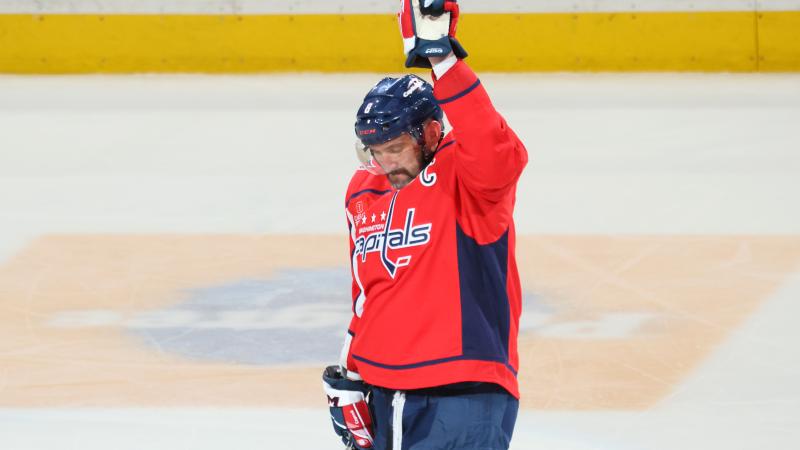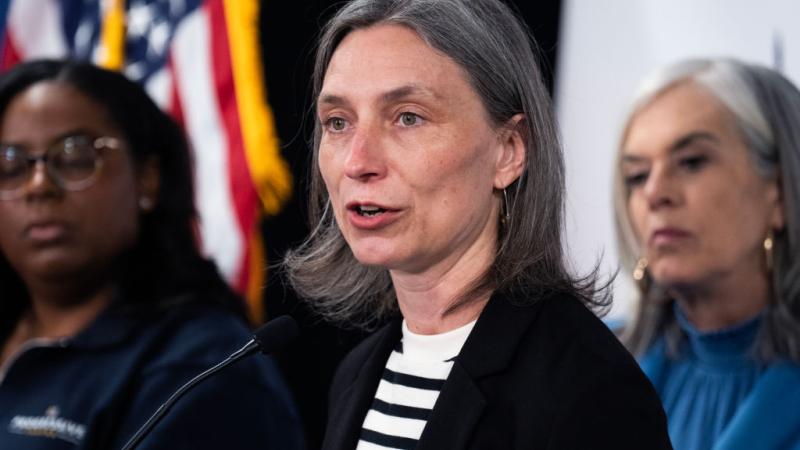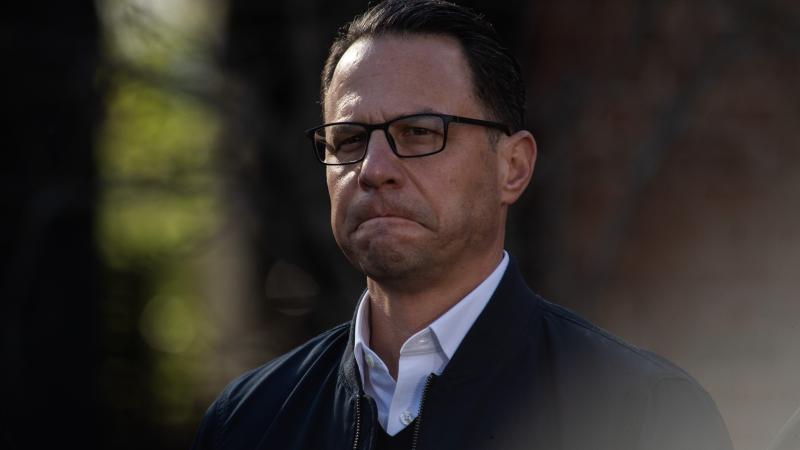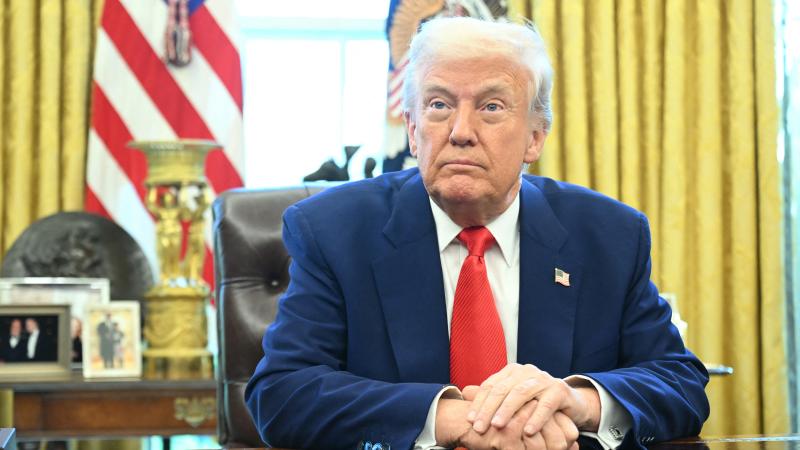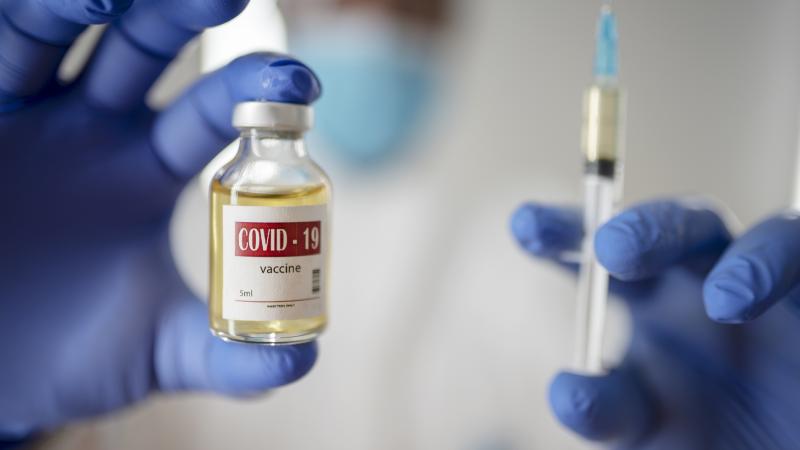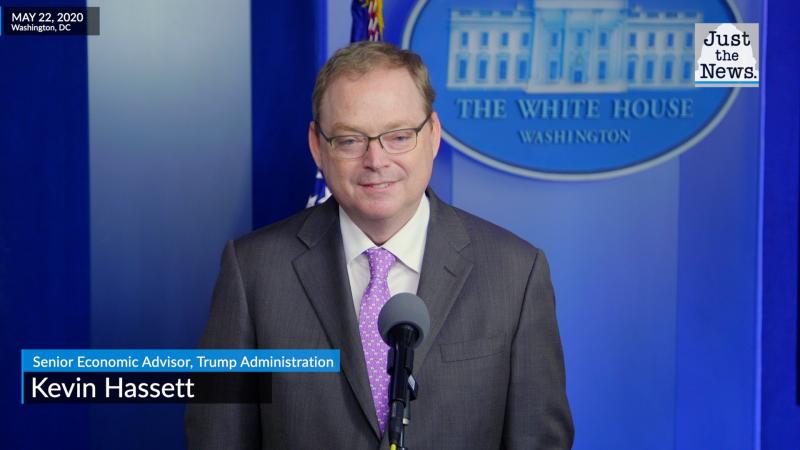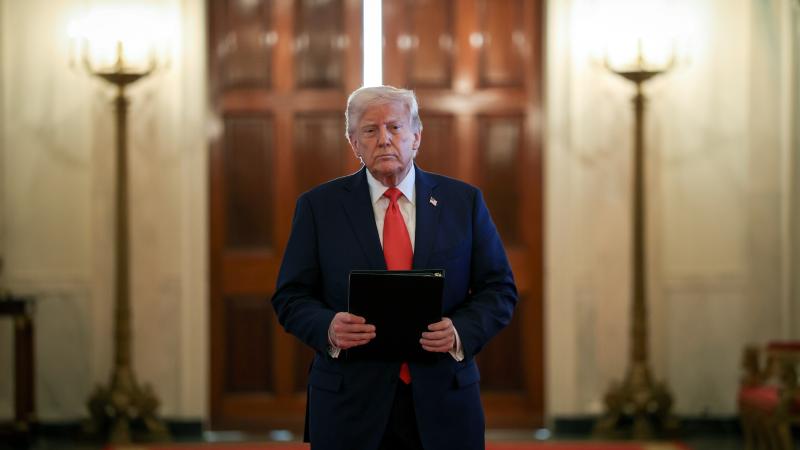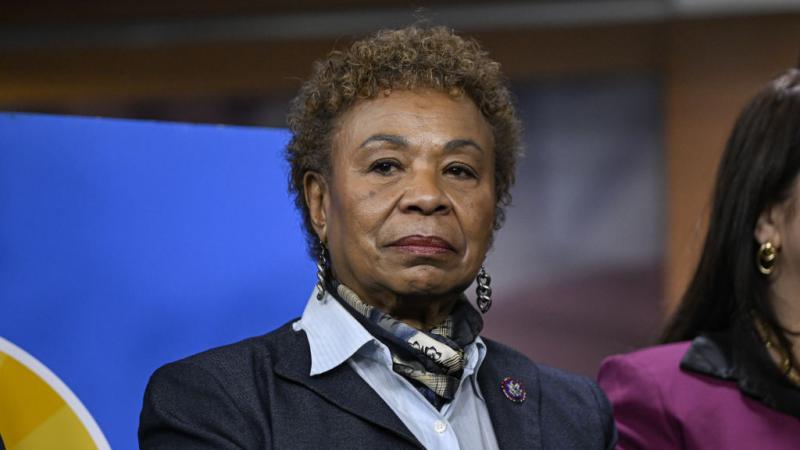US military veterans, the youngest 96, visit Normandy for what for many will be last, big goodbye
“What happened here in Normandy links us definitively to the United States,” said Brigitte Macron, wife of French President Emmanuel Macron.
For almost all the dwindling number of veterans who came back to mark the anniversary of the Allied invasion of Normandy, this may be their last return to the storied beaches that contain the blood of their fallen comrades.
Thursday will mark 80 years since the invasion to liberate Europe from Nazi control was launched. Earlier this week, the first of the Canadian, U.K., and U.S. veterans started arriving, some by flights landing at the small airport in Deauville, France, some by ferry across the same English Channel they crossed in 1944. Almost all were pushed in wheelchairs and most of those who could walk did so slowly, and with assistance.
In 1944, about 156,000 Allied soldiers landed on the French coast amid heavy German resistance in what was called “Operation Overlord.”
All told, fewer than 200 are expected to be on hand for this week’s celebrations. The youngest arrival is 96 years old; the oldest 107. Their average age is around 100.
This almost surely the last major D-Day anniversary that will take place with significant numbers of veterans will be able to attend.
Those arriving in Deauville on Monday were met by Brigitte Macron, the wife of French President Emmanuel Macron, in an emotional ceremony in which she greeted each arriving veteran individually.
Students from nearby schools cheered and waved American and French flags, and an American Army band played swing music classics popular in the 1940s. World War II history enthusiasts were there in period Army uniforms and vehicles. A fleet of uniform blue wheelchairs waited to one side.
“What happened here in Normandy links us definitively to the United States,” Brigitte Macron told the new arrivals. “I would like to express to you, dear veterans, and to your brothers in arms, our deepest respect and my deepest love.”
Everywhere the veterans went they were met with applause, greetings, and other shows of respect.
“It’s such an honor to come back and be honored this way,” Ralph Goldsticker, a 102-year-old former U.S. bombardier, told a few people at one of the ceremonies. “It will never erase the terrible struggle we went through, but today all the emotions are coming back.”
It is the same for locals old enough to remember seeing the arrival of the liberating troops.
“I shouted and cheered so much I lost my voice,” said Martin Ardouin, who was 6 at the time of the invasion. He returns to his childhood home near Carentan-Les-Marais from Paris most years for the anniversary.
“I come back to cheer again each year," he said. "These men were like giants to us. They saved us.”
The beach in Normandy normally shows little evidence of its bloody place in European history. But this year, in addition to the celebrations, a ghostly memorial showing silhouettes of dozens of soldiers stands on Gold Beach, one of the central landing spots.
In a briefing this week in Washington, D.C., White House National Security Communications Advisor John Kirby said the importance of the D-Day landings cannot be overstated.
“It was the beginning of the end of Nazi Germany,” Kirby said. “And it absolutely helped lead to our current rules-based order that has continued to make us all safer and more secure.”
This year’s celebrations come amid a rise in global violence and geopolitical tensions not seen in years. Wars in Ukraine and in Gaza, increased tensions involving China, Iran, and Russia, a rise in extremism in Europe and beyond, and uncertainty swirling around upcoming elections in the European Union and in the U.S. add context to this year’s anniversary.
The leaders of the main countries involved – the U.S.’s Joe Biden, Macron from France, Canadian Prime Minister Justin Trudeau, and Rishi Sunak and King Charles III from the U.K. – will all be in Normandy for Thursday’s anniversary. Ukrainian leader Volodymyr Zelenskiy will also attend, and is expected to meet on the sidelines in Normandy with Biden and other leaders.
Conspicuously absent at this week’s celebrations will be Russian President Vladimir Putin. The Soviet Union, Russia’s predecessor state, was one of the main allied nations fighting Nazi Germany in World War II, and Putin has attended previous D-Day anniversaries. But France did not invite Putin this year in the wake of his country’s war with Ukraine.
The Facts Inside Our Reporter's Notebook
Links
- some by ferry across the same English Channel they crossed in 1944
- Brigitte Macron told the new arrivals
- applause, greetings, and other shows of respect
- ghostly memorial showing silhouettes of dozens of soldiers
- the importance of the D-Day landings cannot be overstated
- increased tensions involving China, Iran, and Russia
- upcoming elections in the European Union
- Zelenskiy will also attend, and is expected to meet on the sidelines in Normandy with Biden
- Conspicuously absent at this weekâs celebrations will be Russian President Vladimir Putin


